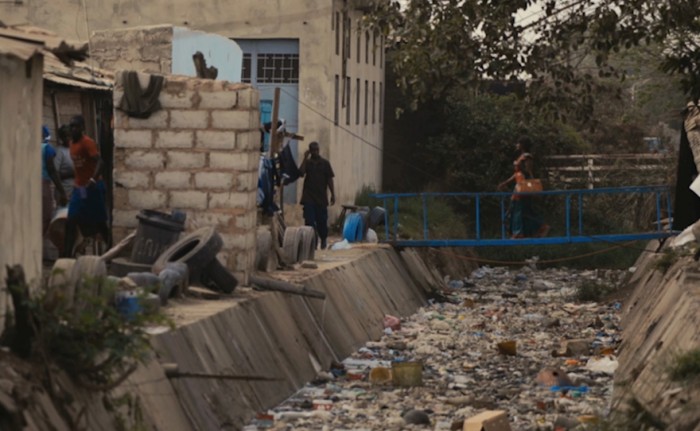
In Dakar, waste management is a huge issue, largely related to the majority of the city’s population using pit latrines. The management of these latrines falls on an enterprising association of pit emptiers who fetch a high price for their services.
Latrine owners either have to pay the fixed fee or find cheaper but unsanitary methods of emptying their pits, such as emptying waste into holes, which overflow when seasonal rains come, ultimately proliferating disease.
In lieu of the UN’s 2015 sustainable development goals for the next ten to 15 years, the Senegalese government is paying attention to key problem areas in their country such as sanitation. One solution to poor waste management in Dakar is a service backed by the Bill and Melinda Gates Foundation and implemented by the Senegal National Sanitation Utility (ONAS).
The new SMS service and waste treatment system is already seeing dramatic cost reductions in emptying latrines. Locals are now able to sell the contents of their latrines to the government, who plan to turn it into energy.
The system works off an Uber-like bidding model and receives text messages from customers who need their latrines emptied. This triggers notifications, which are sent out to servicemen in the customers’ areas.
To ensure the smooth operation of the service, pit emptiers have received funding from the Gates Foundation to upgrade their equipment and vehicles, to ensure the efficient transport and delivery of waste to processing plants such as the widely publicised Omniprocessor.






